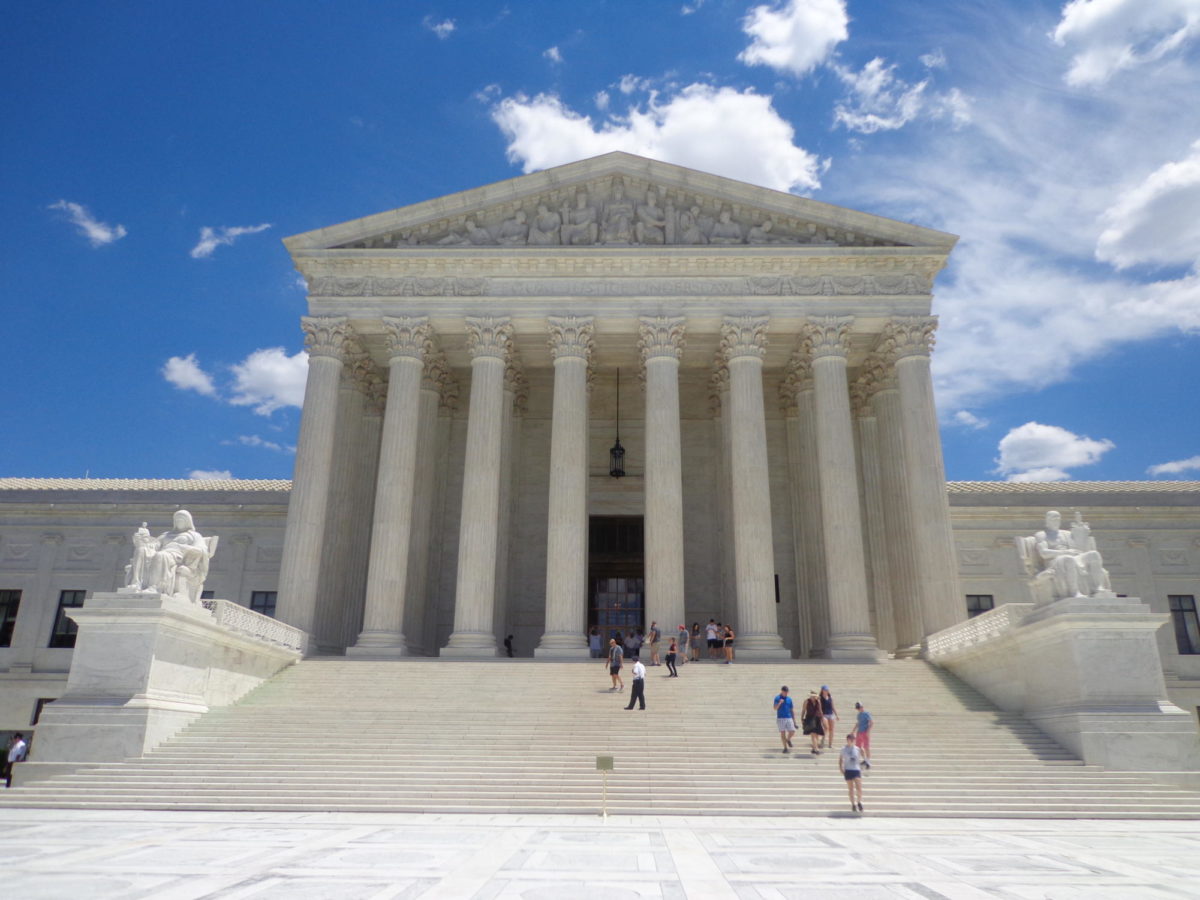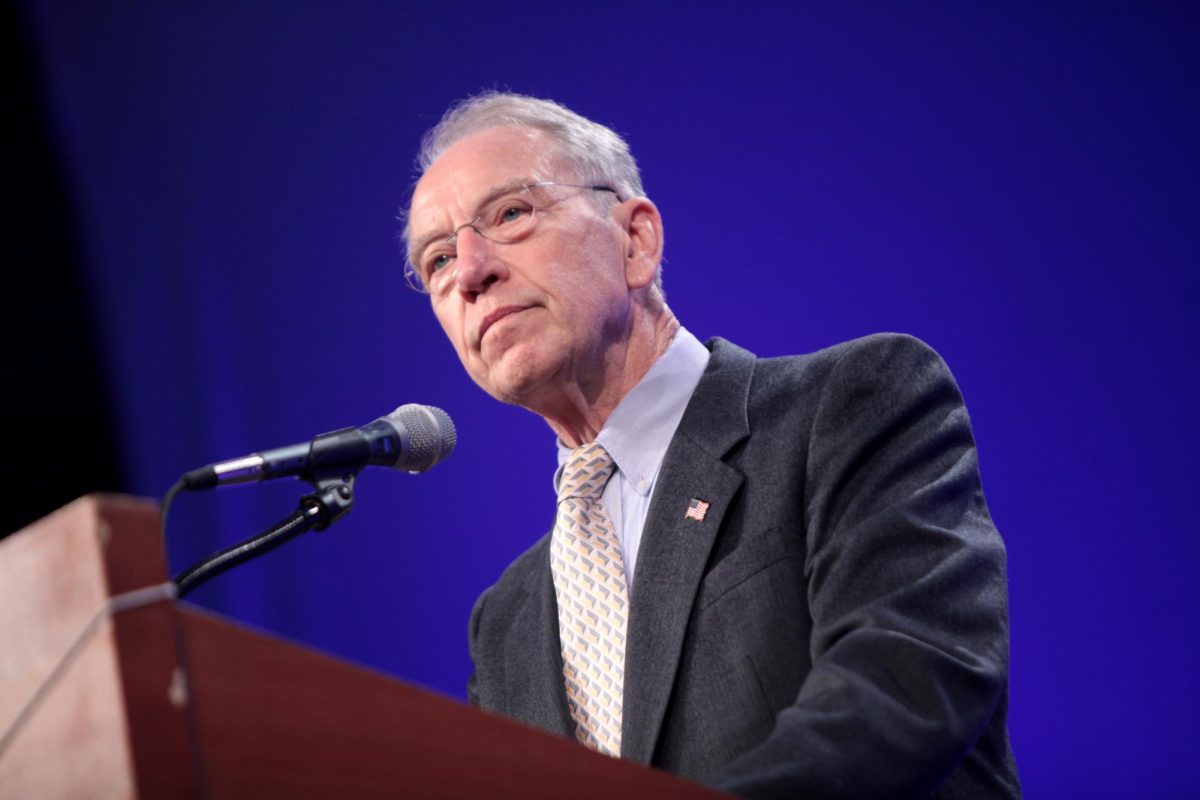In the wake of the Supreme Court’s overturning of affirmative action, the college admissions landscape, and students’ perception of it, is changing.
On June 29, 2023, the Supreme Court struck down affirmative action in response to cases filed against Harvard and the University of South Carolina. Affirmative action was a policy that allowed colleges and universities to consider race as a factor in making admissions decisions. Critics argue that affirmative action harmed certain racial groups, such as Asian Americans, by making it harder for them to get in. Supporters argue that affirmative action provides a pathway for disadvantaged students to gain access to colleges and universities—places that such students have historically been excluded from.
“When I first heard about [the decision], I was quite sad,” sophomore Samantha Kelley said. “It’s a complex issue, but overall it did a lot of good.”
Kelley is alluding to the fact that in cases where affirmative action has been overturned, such as in the University of California system in 1996, have led to decreases in minority enrollment, implying that affirmative action policies are effective at increasing minority enrollment. But is affirmative action as important as it seems?
“I think affirmative action is genuinely a bad thing,” senior Tao Sato-Perry said. “I think it’s not too important because it only affects a very small amount of people. [The only people affected] will be the people denied because someone else is being accepted. It’s like the 1% of the 1%.”
Sato-Perry is echoing the sentiment that affirmative action only really affects students applying to a small cadre of colleges with low acceptance rates. The vast majority of colleges in America admit more than half their applicants, and at such institutions minority enrollment is far less of a problem. But, for a certain group of schools, affirmative action can make all the difference.
“I don’t think pure merit exists,” Kelley said. “People have more educational opportunities based on how much money they have and their family background. I feel like it’s hard to measure merit … because there are a lot of other factors in the way.”
One reason that affirmative action is often advocated for is the reason Kelley mentioned: people’s backgrounds that are out of their control often benefit or disadvantage them with regard to traditional symbols of merit, such as GPA or test scores.
“I think part of the point of affirmative action is to recognize people that didn’t have the chance to be recognized,” Sato-Perry said. “I think part of the problem with the merit system of just looking at grades and test scores is that you can’t garner the entire higher potential of a person based on that.”
In the wake of the ruling, colleges and universities are now considering how they want to move into the future, and how they want to respond to the banning of affirmative action. According to College Counselor Zorina Matavulj, the proximity of the ruling to the 2023–2024 college admission cycle may make it difficult for institutions to implement major changes in time.
“Colleges want to do everything that is best for the kids, but they need more time,” Matavulj said. “Some of them did make the turn pretty quickly because some of the [supplemental essay] questions colleges are now asking are about [topics like] diversity and inclusion. They’re talking about community… And I think that it will be [even more] true next year.”
While colleges are not allowed to collect data about the race of applicants for the purpose of admission, many schools such as Harvard are revising their supplemental essay prompts to give students space to elaborate on aspects of their background, possibly including race, have impacted their journey through life and education.
“Everyone is deserving of an education,” Kelley said. “Isn’t that the whole point? We’re here to learn how to function and learn more about what the heck is going on in this world.”








